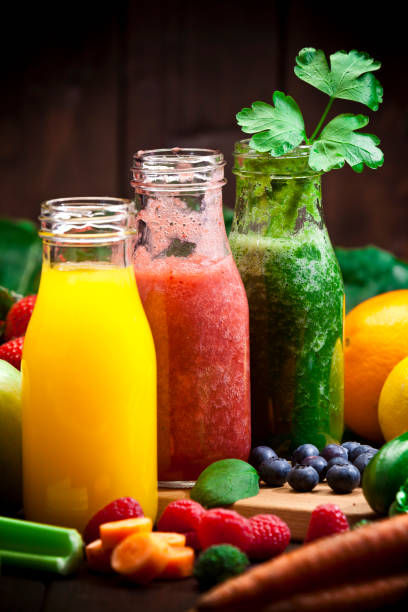Certainly, when aiming to lose weight, certain food choices and habits can significantly impact progress. Here are five common food-related mistakes to avoid when trying to lose weight:
Ignoring Portion Sizes: One of the most prevalent mistakes is disregarding portion sizes. Overeating, even healthy foods, can lead to an excess intake of calories. Practicing portion control is crucial, as even nutritious foods can contribute to weight gain when consumed excessively. Use measuring tools or visual aids to gauge portion sizes and avoid mindless eating.
Skipping Meals or Restricting Food Groups: Skipping meals or following overly restrictive diets can hinder weight loss efforts. Skipping meals may lead to increased hunger and overeating later in the day, disrupting the body’s metabolism. Instead of restrictive diets, focus on balanced meals that incorporate all food groups in appropriate portions to ensure a variety of nutrients.
Relying Solely on Packaged “Diet” Foods: Depending solely on pre-packaged “diet” foods marketed as low-fat or low-calorie options might seem convenient, but they can be highly processed and lack nutritional value. Many of these foods contain added sugars, preservatives, and artificial ingredients that may hinder weight loss. Opt for whole, minimally processed foods like fruits, vegetables, lean proteins, and whole grains for better nutrition and satiety.
Mindless Eating and Emotional Eating: Mindless eating, often associated with distractions like watching TV or using electronic devices while eating, can lead to overconsumption without awareness of portion sizes. Additionally, emotional eating, where food is used to cope with stress or emotions, can contribute to excess calorie intake. Practicing mindful eating by focusing on meals without distractions and identifying emotional triggers can help prevent these habits.
Drinking High-Calorie Beverages: Consuming high-calorie beverages like sugary sodas, sweetened juices, or calorie-dense coffee drinks can significantly contribute to weight gain. These beverages provide empty calories and can increase overall calorie intake without providing satiety. Opt for water, herbal teas, or zero-calorie drinks to stay hydrated without adding extra calories.
Additional Tips:
Balanced and Nutrient-Dense Meals: Focus on well-balanced meals that include lean proteins, healthy fats, whole grains, and plenty of vegetables and fruits. These foods provide essential nutrients, fiber, and satiety, aiding in weight management.
Regular Physical Activity: Combine healthy eating habits with regular physical activity. Exercise helps burn calories, boosts metabolism, and supports overall well-being, enhancing weight loss efforts.
Monitor and Track Food Intake: Keeping a food diary or using mobile apps to track meals and snacks helps maintain awareness of eating habits, identify patterns, and make necessary adjustments.
Seek Professional Guidance: Consult a registered dietitian or healthcare professional for personalized advice and guidance tailored to your specific dietary needs, health status, and weight loss goals.
In conclusion, avoiding these common food-related mistakes—such as disregarding portion sizes, skipping meals, relying solely on packaged diet foods, practicing mindless or emotional eating, and consuming high-calorie beverages—can significantly impact weight loss efforts. Embracing a balanced diet, being mindful of eating habits, staying physically active, and seeking professional guidance are key components of a successful weight loss journey.



